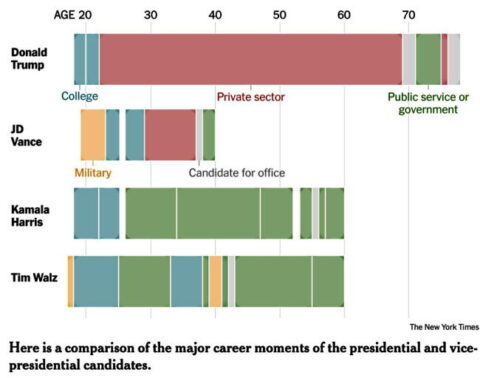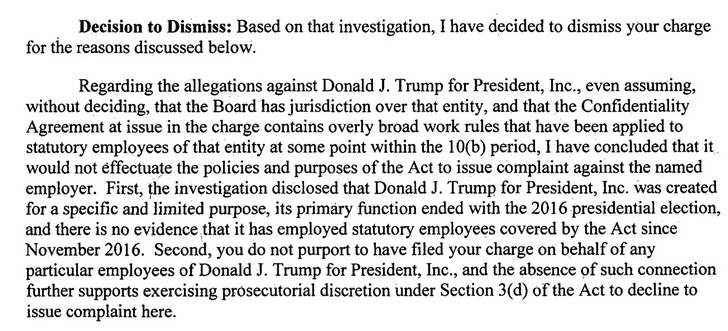 This whole period often gets referred to as the “Chinese Middle Ages”, and unlike the European Middle Ages1 it’s been scandalously neglected by Western historians (with the exception of some of the Tang stuff). This is a shame, because so many of the most important themes of Chinese history got their start during this period, I’ll mention two of them here.
This whole period often gets referred to as the “Chinese Middle Ages”, and unlike the European Middle Ages1 it’s been scandalously neglected by Western historians (with the exception of some of the Tang stuff). This is a shame, because so many of the most important themes of Chinese history got their start during this period, I’ll mention two of them here.
The first is the polarity between North and South or, if you want to sound pretentious, between “Yellow China” and “Blue China”. “Yellow” represents the sandy but fertile yellow loess soil of the North China Plain and the Yellow River valley, heartland of traditional Chinese civilization. But “yellow” is also the ripe ears of grain that grow in that soil, because the North is a land fed by wheat rather than rice. “Yellow” also, by extension, refers to the mass irrigation projects required to make the arid North bloom, to the taxation and slave labor required to dredge and maintain the canals and water conduits, to the sophisticated and officious bureaucracy that made it all happen. And since there is no despotism so perfect as a hydraulic empire, “yellow” is absolute monarchy, centralization, and militarism. But “yellow” is also the military virtues — plain-spokenness, honesty, physical courage, stubbornness, and directness — the traditional stereotypes of the Chinese Northerner.
Far away, across the wide blue expanse of the Yangtze, lay the wild and untamed South. A land of rugged mountains and dense rainforest, both of them inhabited by tribes that the waves of migrating Chinese settlers viewed as both physically and spiritually corrosive. So those intrepid colonists built their cities by the water — clinging to the river systems and to the thousands of bays and inlets that crinkle the Southern Chinese coast into a fractal puzzle of land and sea. And thus they became “blue”.
“Blue” are the blue waters of the ocean and the doorways to non-Chinese societies, blue also is the culture of entrepreneurship, industry, trade, and cunning that spread from those rocky harbors first across Asia and then across the world. The Chinese diaspora that runs the economies of Southeast Asia and populates the Chinatowns in the West is predominately made up of “blue” peoples — the Cantonese, the Hakka, the Teochew, the Hokkien. “Blue” is independent initiative and innovation, because beyond the mountains the Emperor’s power is greatly attenuated. But “blue” is also corruption of every sort — the financial corruption of opportunistic merchants and unscrupulous magistrates, and the spiritual corruption of the jungle tribes and other non-Chinese influences. “Blue” is pirates and freebooters who made their lairs amidst the countless straits and islands and seaside caves. “Blue” is also unfettered sensuality — opium came to China via the great blue door, and more than one Qing emperor took a grand tour of the South for the purpose of sampling its brothels (considered to be of vastly higher quality).2
If you know nothing else about the geography of China, know that this is the primary distinction: North and South, yellow and blue.3 But this neglected period, the “time of division” after the collapse of the Jin, is when that distinction really started. Settlement of the South began under the Han Dynasty in the first couple centuries AD, but it was still very much a sparsely-populated frontier. What changed in the Middle Ages was that after the collapse of central authority and the invasion of the North by nomadic barbarians, a vast swathe of the intelligentsia, literati, and military aristocracy of the North fled across the Yangtze and set up a capital-in-exile. For the first time the South became really “Chinese”, but the society that emerged was a hybrid one that retained a Southern inflection.
It wasn’t just courtiers and generals and poets who fled to the South: millions and millions of ordinary peasants did too, which finally displaced the jungle tribes, and also altered the balance of power between North and South. For the first time in Chinese history, the South had more population, more wealth, and an arguably better claim to dynastic legitimacy. So when the North emerged from its period of anarchy and foreign domination and looked to reassert its traditional supremacy, the South said: “no”. The Southern dynasties, chief among them the Chen Dynasty,4 were able to maintain an uneasy military stalemate for almost two hundred years, thanks to the formidable natural barrier of the Yangtze River, and to the fact that Southerners were better versed in naval warfare and thus able to prevent any amphibious operations on the part of the North.
This only ended when the founder of the Sui Dynasty learned to fight like a Southerner, and assembled a massive naval force in the Sichuan basin, then floated it down the Yangtze gorges destroying everything in his path. The backbone of this force were massive ships which “had five decks, were capable of accommodating 800 men, and were outfitted with six 50-foot-long, spike-bearing booms that could be dropped from the vertical to damage enemy vessels or pin them in positions where they would be raked by close-range missile fire.” After breaking Southern control of the great river, the Sui founder assembled an invasion force of over half a million men and crushed the Southern armies, burned their capital city to the ground, and forcibly returned the entire aristocracy to the North.
John Psmith, “REVIEW: Medieval Chinese Warfare, 300-900 by David A. Graff”, Mr. and Mrs. Psmith’s Bookshelf, 2023-06-05.
1. The Chinese Middle Ages and the European Middle Ages aren’t actually contemporaneous — “Medieval China” generally denotes a period just before and after the fall of the Western Roman Empire.
2. “Blue” China is also the origin of a different sort of disordered sensuality — the culinary sort. Almost from the dawn of Chinese history, Northerners have been horrified by the gusto with which Southerners will eat anything. Scorpions, animal brains and eyeballs, you name it, Southerners are constantly upping the ante with each other. Northerners have also generally been horrified by the sadism that attends some Southern culinary traditions, with many animals being eaten alive, or partially alive, or after prolonged and deliberate torture. One usually unstated Northern view is that a lot of these customs were picked up from the jungle tribes that lurk in the Chinese imaginarium like the decadent ancestor in an H.P. Lovecraft story.
3. Confusingly, in the context of modern Hong Kong politics, “yellow” and “blue” represent the pro-sovereignty and pro-China factions respectively. This split is almost totally orthogonal to the one I’m talking about in this book review, and to the extent they aren’t orthogonal, the sign is flipped.
4. “Chen” is the most quintessentially Southern surname, but I’ve never been able to figure out whether that came before or after it was the name of the most famous Southern dynasty.

















